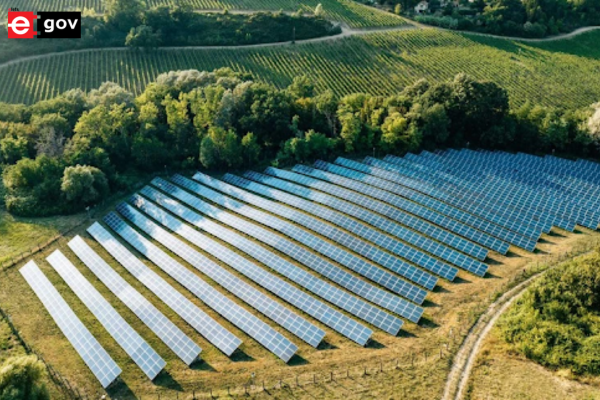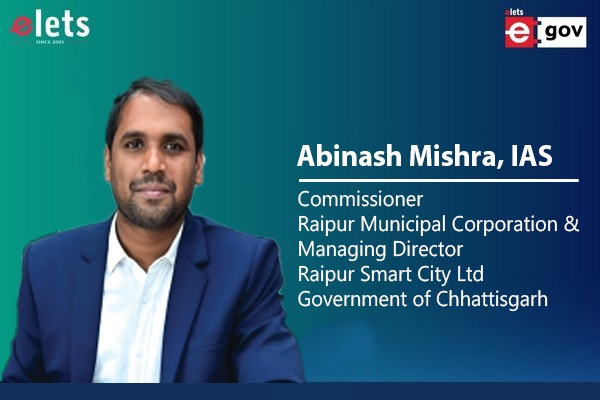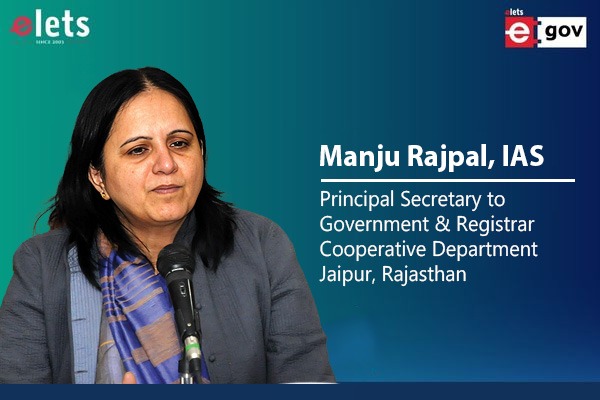
The Government of Gujarat has launched a forwardlooking initiative to capitalise on the state’s vast solar energy potential. Known as the “Policy for Development of Small-Scale Distributed Solar Projects,” this policy seeks to accelerate the growth of solar energy production through small-scale projects, particularly on barren or uncultivable land. By advancing renewable energy, the policy aligns with the government’s strategy to reduce reliance on non-renewable resources. The state has long been at the forefront of India’s renewable energy revolution. With the successful launch of the Gujarat Solar Policy in 2009, the state saw an impressive increase in solar capacity, surpassing 1,000 MW. This policy laid the groundwork for notable achievements, including the establishment of India’s first and Asia’s largest Solar Park in Charanka and the country’s first canal-top solar plant in Mehsana.
KEY OBJECTIVES OF THE POLICY
The policy focuses on promoting small-scale solar projects, ranging from 0.5 MW to 4 MW, across various regions of the state. These projects will be developed in areas with minimal agricultural or industrial value, making efficient use of barren and uncultivable land. The policy aims to achieve the following:
1. Faster Development of Solar Projects: By enabling small projects in scattered, unused land pockets, the state seeks to expedite the growth of solar energy capacity.
2. Local Employment and Resource Utilization: By encouraging local entrepreneurs, the policy aims to boost employment in the solar sector, enhance skill development, and mobilise regional resources.
3. Strengthening of the Local Grid: Distributed generation will improve local grid stability and voltage, enhancing overall grid resilience.
4. Support for ‘Make in India’: The policy aligns with the national ‘Make in India’ program by encouraging local manufacturing of solar equipment and related infrastructure.
TARIFF STRUCTURE AND INCENTIVES
One of the highlights of the policy is its structured tariff system, designed to make solar energy development more viable for small-scale entrepreneurs. The applicable tariff is determined through a mechanism based on competitive bidding conducted by Gujarat Urja Vikas Nigam Limited (GUVNL). To compensate for the higher capital costs and transmission savings associated with small projects, an additional Rs. 0.20 per unit is added to the tariff.
GRID INTEGRATION AND TECHNICAL STANDARDS
Given the importance of grid stability, the policy emphasises robust grid integration. Solar power generated by these
projects will be injected into the local grid at specified interconnection points, with project developers responsible for setting up dedicated transmission lines at their own cost.
Also Read :- Sustainability through Solar Excellence
To maintain grid security, solar projects will comply with the Central Electricity Authority’s technical standards for
renewable energy grid connectivity. For projects up to 4 MW, interconnection voltages will range from 11kV to 66kV. The policy also encourages clusters of projects to share common transmission lines, optimising costs and infrastructure use. State utilities will play a crucial role in supporting the policy by providing a robust transmission and distribution network. The Gujarat Energy Development Agency (GEDA) will act as the nodal agency, facilitating project registration, answering queries, and providing commissioning certificates.
The policy also introduces performance security requirements. Developers will need to provide a bank guarantee of Rs. 5 lakhs per MW, refundable upon achieving commercial operation within the stipulated timeframe.
The “Policy for Development of Small-Scale Distributed Solar Projects – 2019” demonstrates the state’s commitment to leveraging its solar potential to drive sustainable growth. By encouraging local entrepreneurs and maximising the use of unused land, the policy creates a win-win scenario— boosting renewable energy generation, creating employment, and supporting the state’s energy needs in an environmentally responsible manner.
Be a part of Elets Collaborative Initiatives. Join Us for Upcoming Events and explore business opportunities. Like us on Facebook , connect with us on LinkedIn and follow us on Twitter, Instagram.
"Exciting news! Elets technomedia is now on WhatsApp Channels Subscribe today by clicking the link and stay updated with the latest insights!" Click here!













